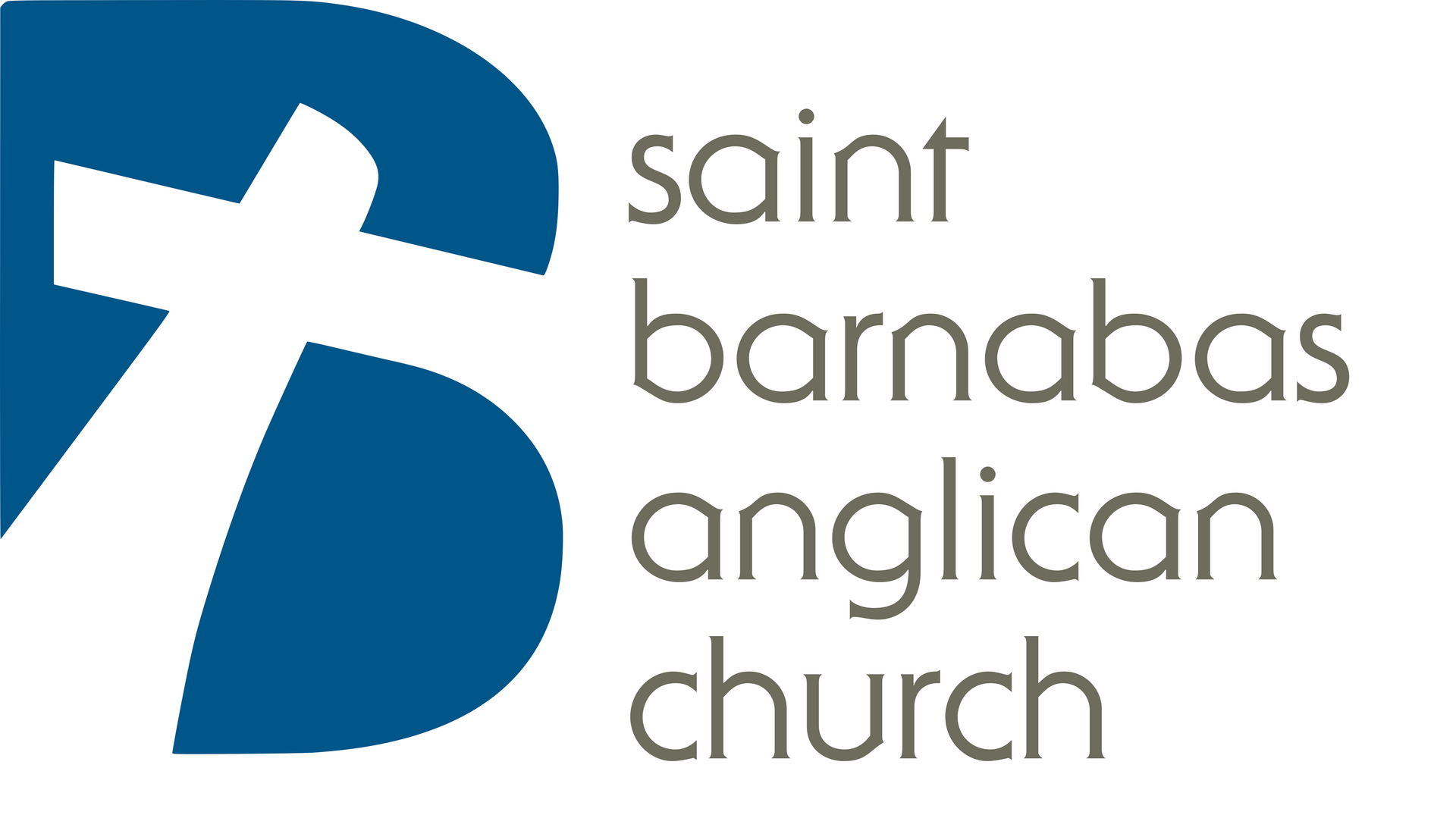Asking Why - Why do you pray written prayers, rather than praying freely?
This series of articles will cover a number of topics addressing various practices we have within Anglicanism. Many broad questions will be tackled, however if you have a specific question, please email me at andrew.petta@gmail.com.
Why do you pray written prayers, rather than praying freely?
There is a Latin phrase we often use in regards to our services, lex orandi lex credendi. The phrase is roughly translated as, the law of prayer is the law of belief. Expressed in another way, what we pray is what we believe.
The prayers we pray within the context of our worship on Sunday mornings forms our beliefs. For instance, the collects teach us a model for prayer. Each begins with an acknowledgement of an attribute of God. Take our collect for this past week, Let your continual mercy, O Lord, cleanse and defend your church, because it cannot continue in safety without your help.
Next, a petition follows (for this week the petition could also be a part of this first line), protect and govern it by your goodness.
Finally, there is trinitarian reference at the end as the prayer is prayed through Jesus Christ our Lord, through Jesus Christ our Lord, who lives and reigns with you and the Holy Spirit, one God, for ever and ever. Amen.
Early in the life of the Church, before the various Creeds and Councils, the services and prayers were taken from Scripture and were organized in an intentional way to aid the faithful in growth and knowledge. Despite the fact that we now have both the Creeds, Councils, works of the Church Fathers, and that of many other theologians, this foundational practice remains constant.
The corporate actions of those gathered in worship together helps to form their understanding and way of approaching God. And as we grow in our knowledge and love of the Lord, we discover more fully the reality that our corporate prayers on behalf of the whole Church are not meant to be wrote or dry.
Rather, they capture fully the needs and concerns of the broader Body of Christ.
Certainly corporate prayers and liturgies are not meant to be the only form of prayer to which we are called. Our individual prayers can be extemporaneous and circumstantial and we should seek to be faithful in corporate and individual prayers. Interestingly, we may note that our corporate worship forms our individual prayers.
Sometimes, as with the collects, we learn to follow a model that aids us in our own times with the Lord. The whole goal of the liturgy and its prayers is to assist, form, and help us in living and defending the Faith once delivered to the saints (Jude 1:3).
The body content of your post goes here. To edit this text, click on it and delete this default text and start typing your own or paste your own from a different source.
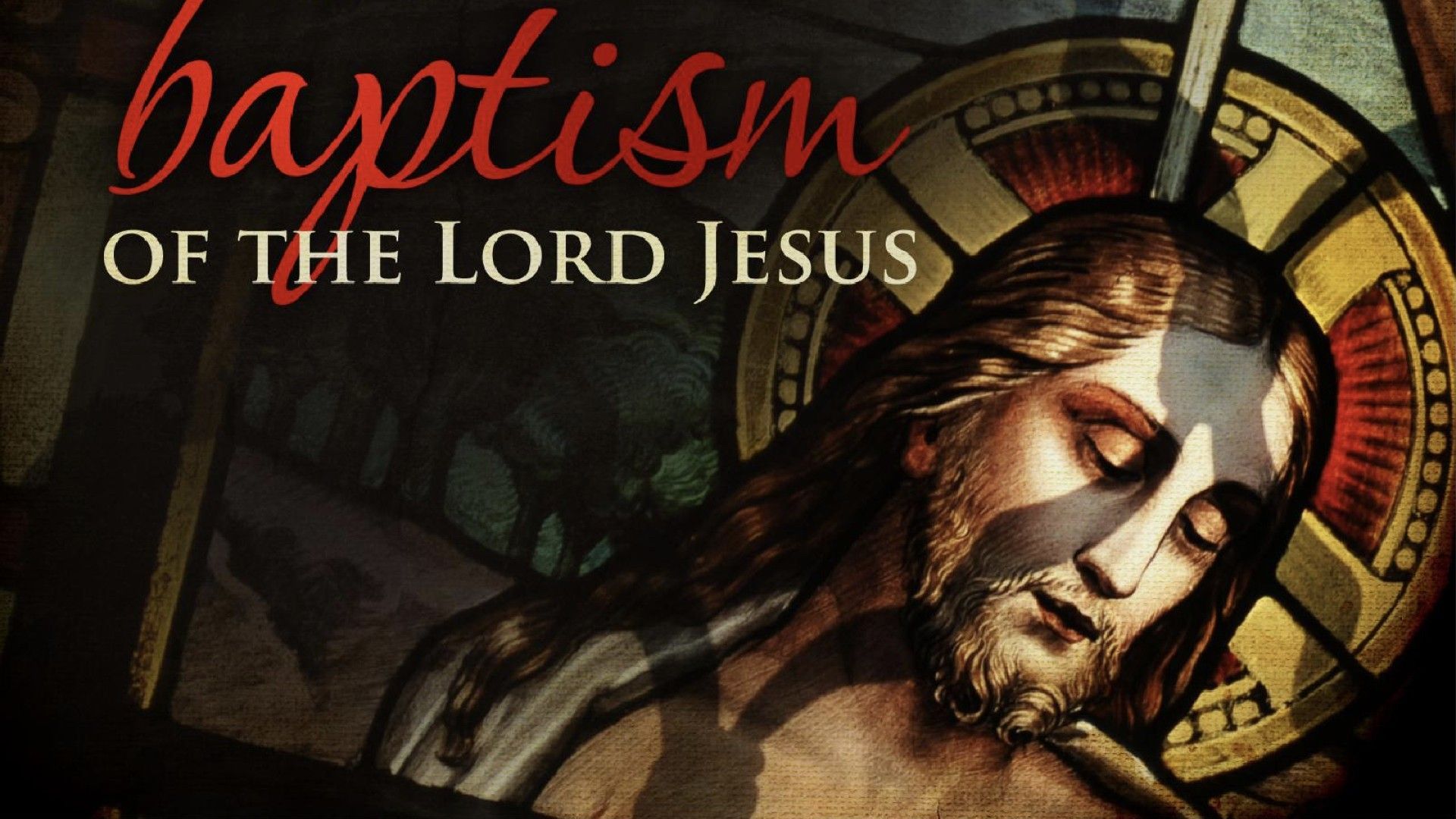
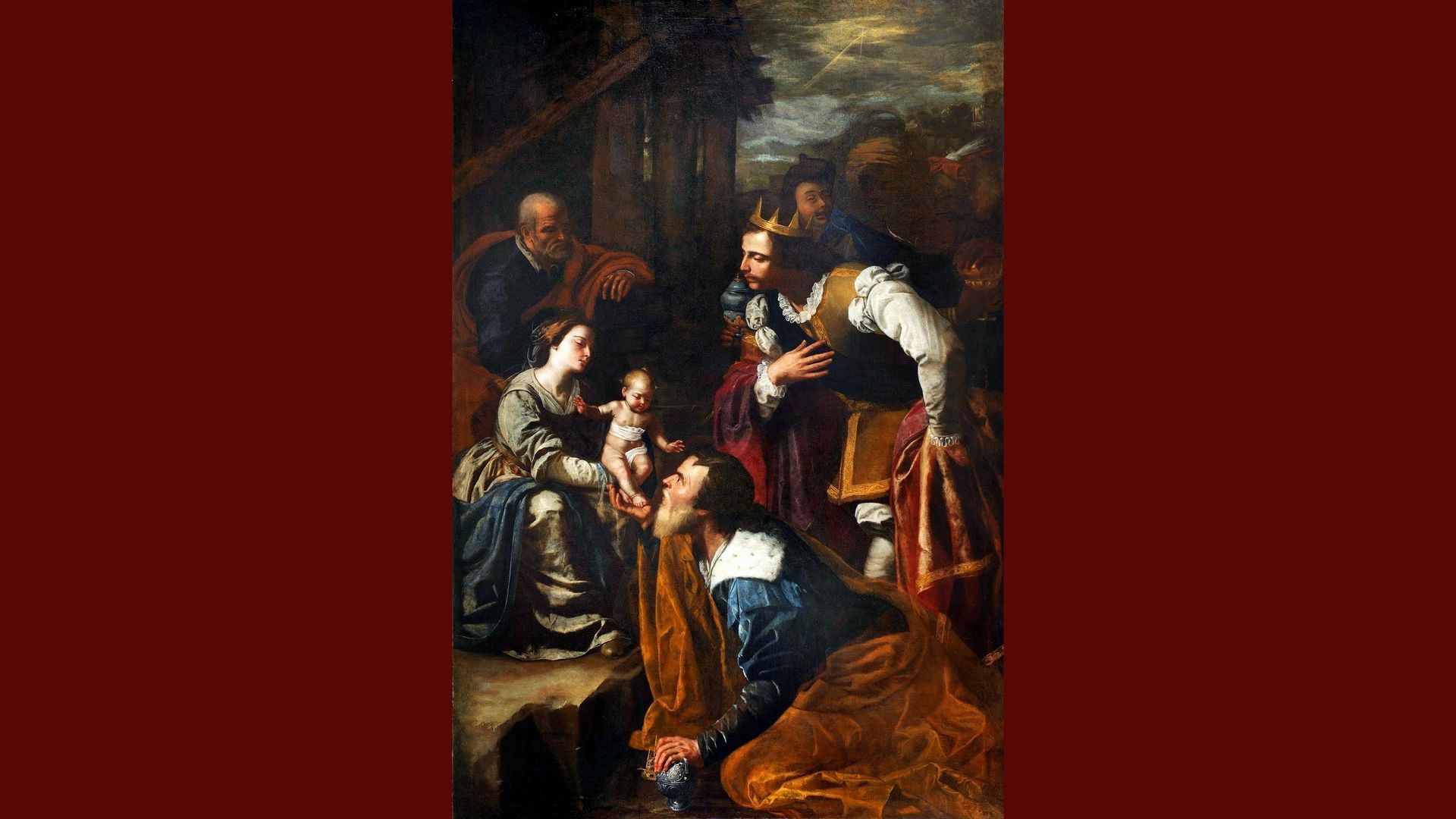


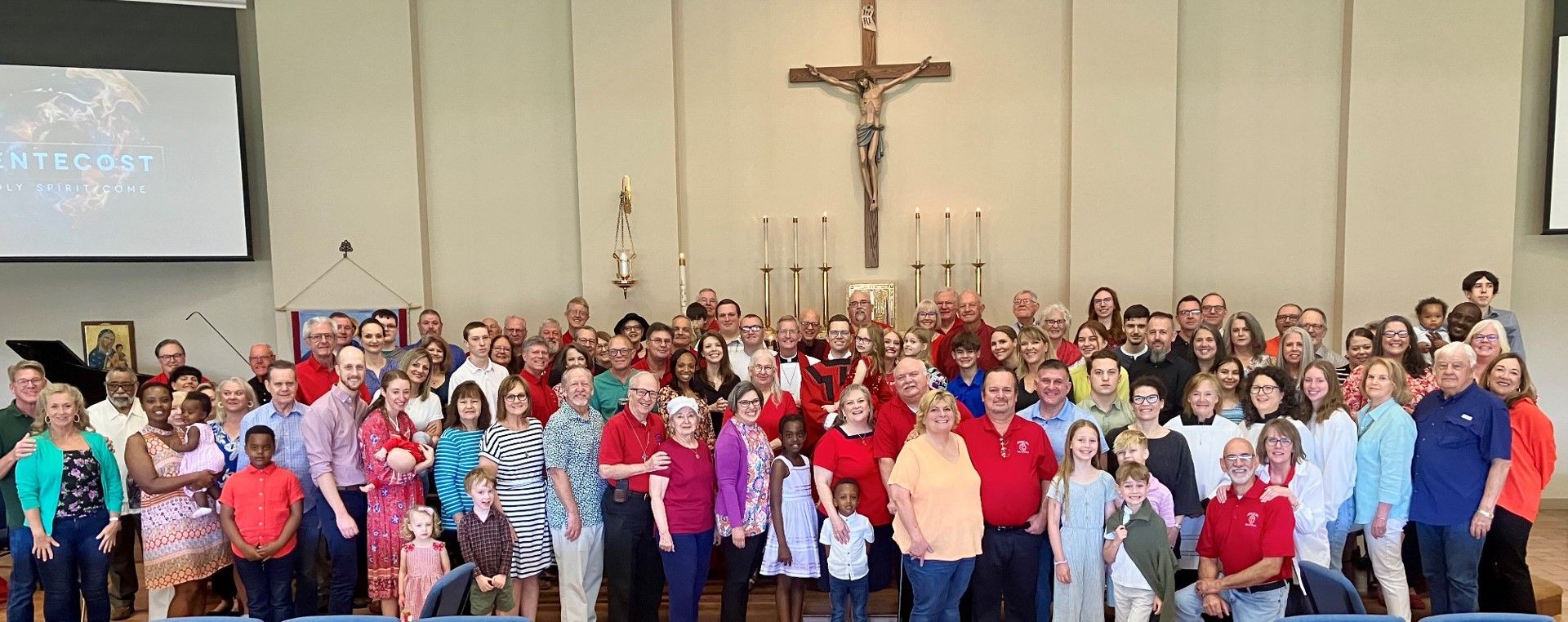


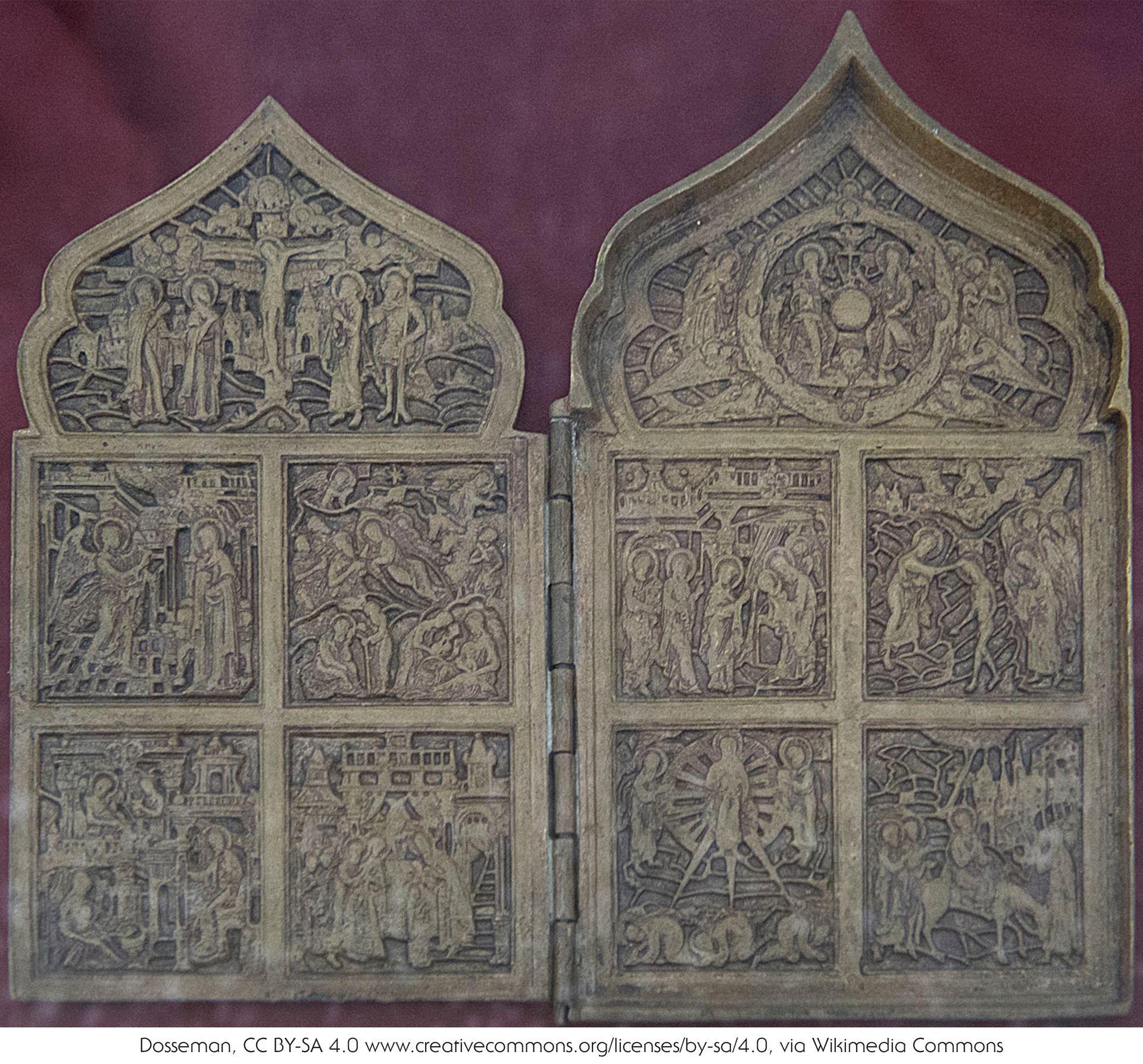

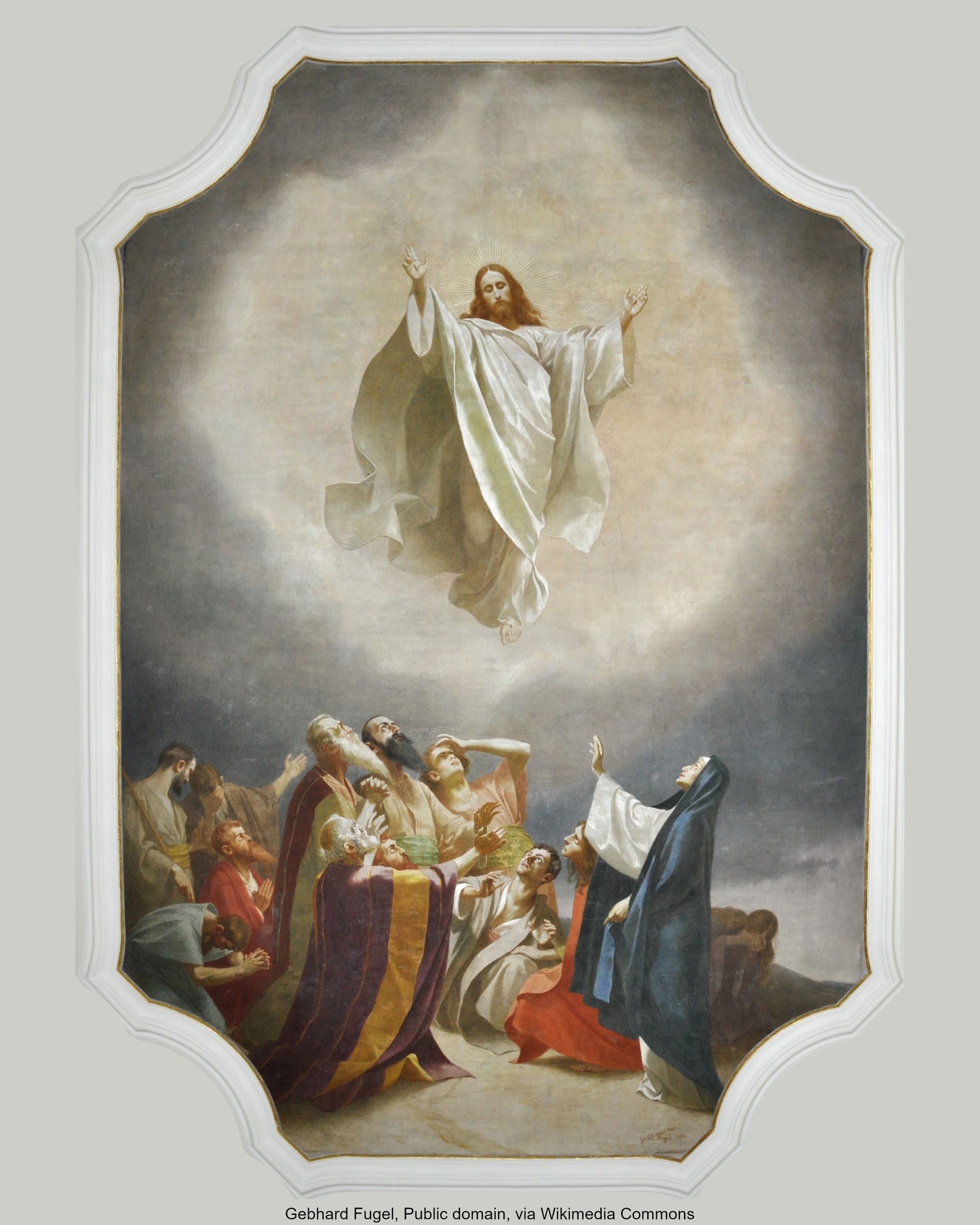
BROWSE OUR SITE
© Saint Barnabas Anglican Church Fort Worth


